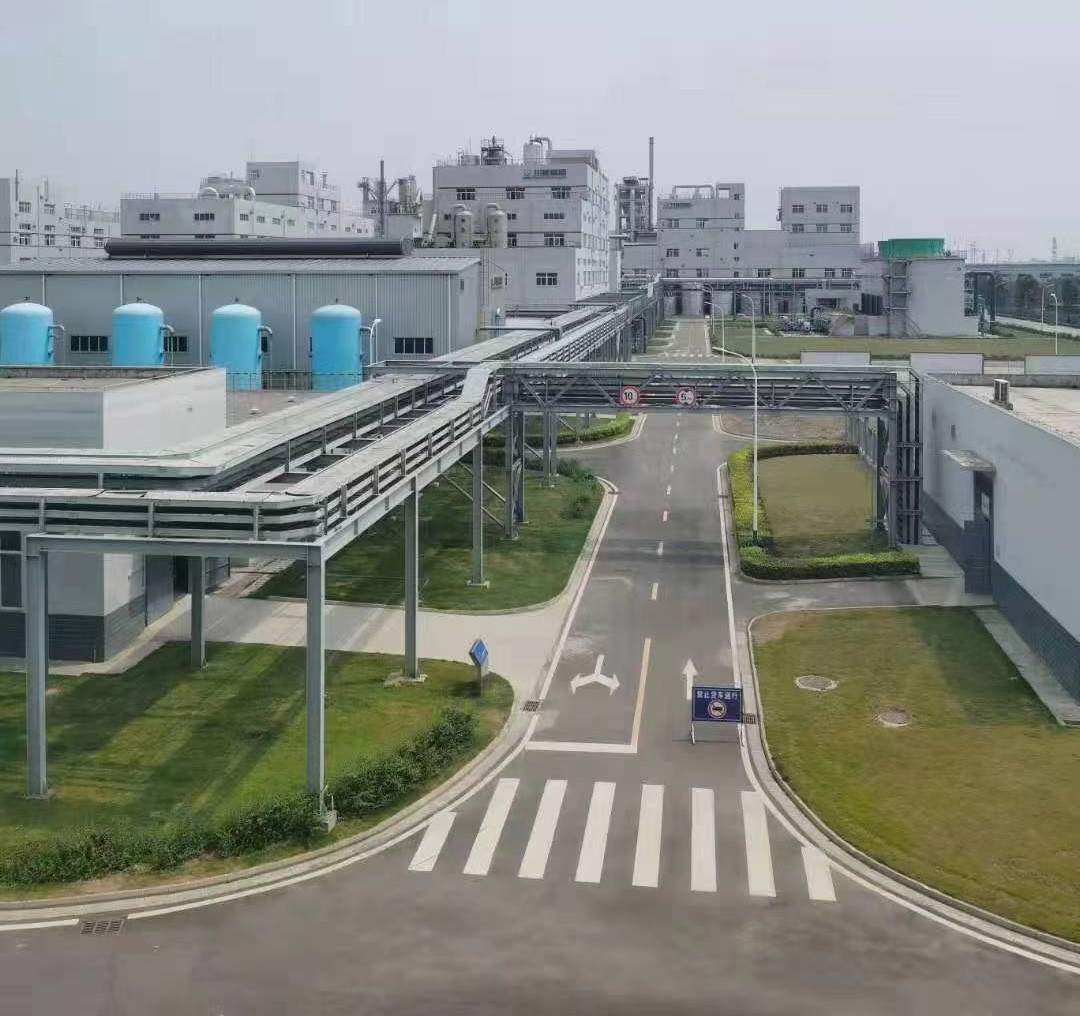there a shortage of "electric" workers or self research in car companies?
Nov,24,23
there a shortage of "electric" workers or self research in car companies?
At the recently concluded Guangzhou Auto Show, Changan Automobile released its self-developed battery brand - Changan "Golden Bell Cover", and announced that it will lay out 8 self-developed battery cells by 2030, forming a planned production capacity of no less than 150GWh.
At the same time, GAC Group also announced that it will include solid-state batteries, cobalt free batteries, low cobalt batteries, sodium ion batteries, and other key technologies for GAC's self-developed batteries. Among them, solid-state batteries have made breakthrough progress and are planned to be installed on vehicles by 2026.
The self-developed team of automotive companies is further strengthening.
Competing for 'discourse power'
The essence of self research by car companies is actually to compete for discourse power from battery suppliers.
Since Guangqi Chairman Zeng Qinghong called out to Zeng Yuqun, stating that car companies are now "working for CATL", even consumers are aware that batteries account for a large proportion of the price of pure electric vehicles. According to media estimates, the cost of power batteries accounts for approximately 40% to 60% of the total vehicle cost. Meanwhile, as the core component of new energy vehicles, the technological advantages and disadvantages of power batteries will be directly reflected in the performance of vehicle endurance and safety data, which is the key to determining the comprehensive competitiveness of automotive companies.
In view of this, many well-known domestic and foreign enterprises, such as SAIC, Great Wall, Geely, Ideal, NIO, Mercedes Benz, Volkswagen, Honda, etc., have started to enter the battery industry and want to tear off the label of "working boy".
However, developing this business independently is not easy to do.
If car making is burning money, then self research is the art of burning money.
Take NIO as an example. As early as 2021, NIO established a battery research and development team; In May 2022, NIO Shanghai's research and development project plan was disclosed on a public platform; In October, NIO Battery Technology (Anhui) was established with a registered capital of 2 billion yuan; In February 2023, NIO announced the launch of the first phase of its Hefei base construction, with a planned annual R&D investment of 1 billion yuan and a planned production capacity of 40GWh.
It seems that the self-developed plan is progressing in an orderly manner, but in July, NIO was rumored to have delayed the mass production timeline of its self-developed batteries, and this news has also been officially confirmed. The external speculation is that the reason is that the money cannot be burned anymore. After all, a 2 billion investment is just a drop in the bucket for battery manufacturing: Geely's investment amount has exceeded 110 billion yuan; The investment in the sixth generation power battery project of BMW Brilliance is over 10 billion yuan; Toyota, on the other hand, claims to invest 1.5 trillion yen (approximately 76.56 billion yuan) in power batteries by 2030
In the first round, small and medium-sized car companies represented by NIO showed timidity.
Technical "moat"
Even if we solve the financial problem, technology is still a difficult natural barrier to overcome.
As a price for abandoning the "Ningwang", the self-developed batteries of car companies must be at the top level of the industry. And first-class technology either comes from long-term accumulation or from high-end talents. Unfortunately, for most car companies, time is tight and talent is also lacking. Especially in terms of talent, battery R&D personnel have ventured into multiple fields such as chemistry, materials, and physics, which are already scarce in China. Even if they dig into the corners of large factories, they still face the risk of patent infringement.
From the actual mass production situation, only BYD and Tesla have produced mass-produced products among the self-developed batteries by car companies. This also indirectly confirms that there is still a significant gap between the technological maturity of self-developed batteries by automotive companies and power battery companies that are deeply engaged in professional fields.
On the other hand, the installed capacity of self-developed batteries is also a challenge for car companies. According to industry estimates, in order for power batteries to be profitable, an annual production capacity of at least 25GWh is required; To achieve ideal operating efficiency, it is necessary to reach 40GWh. Taking 40GWh as an example, the corresponding number of vehicles installed is about 400000-500000, which is more than the total sales of "Weixiaoli" in 2022. If it is a single car company, how should we deal with excess production capacity?
Outsourcing "Balance Technique"
Against the backdrop of high risk and low return in self-developed batteries, most car companies have chosen the third path: cooperation.
After NIO's battery research plan was blocked, some media reported that NIO will establish a joint venture with Honeycomb Energy to jointly develop large cylindrical batteries, merge research and development personnel, and establish independent procurement and manufacturing. In addition, NIO has also invested in Xinwangda Power with Ideal and Xiaopeng, actively seeking secondary and tertiary suppliers. The cooperation paths of other car companies are also similar, such as Volkswagen's investment in Guoxuan High Tech, SAIC and Ruipu Lanjun's establishment of SAIC Ruipu, GAC's participation in Juwan Technology Research, and Ford's cooperation with CATL to build factories
From another perspective, the core reason why car companies choose to develop their own batteries is not to produce and supply them themselves, but to seek a more stable supply relationship in order to break free from the previous bottleneck of upstream enterprises. Industry insiders say, "For most car companies lacking experience in battery research and development, collaborating with battery manufacturers or jointly building factories is a better choice






